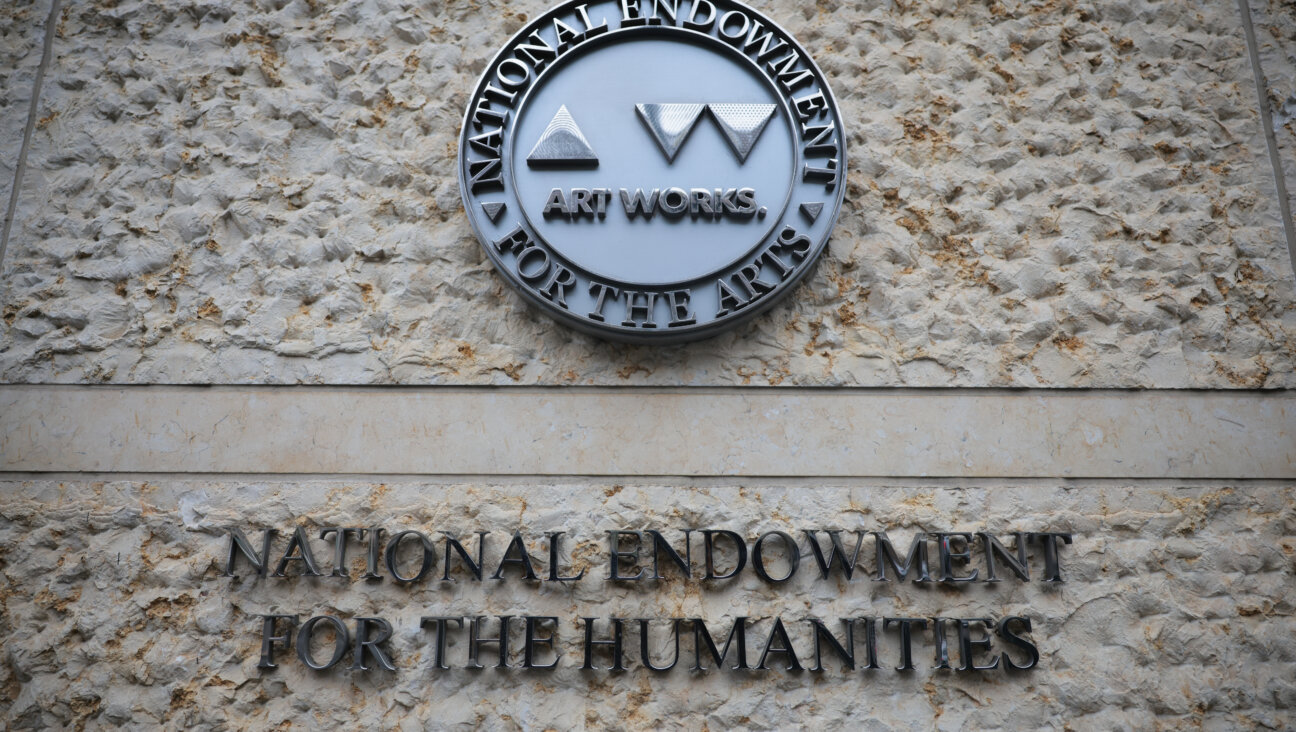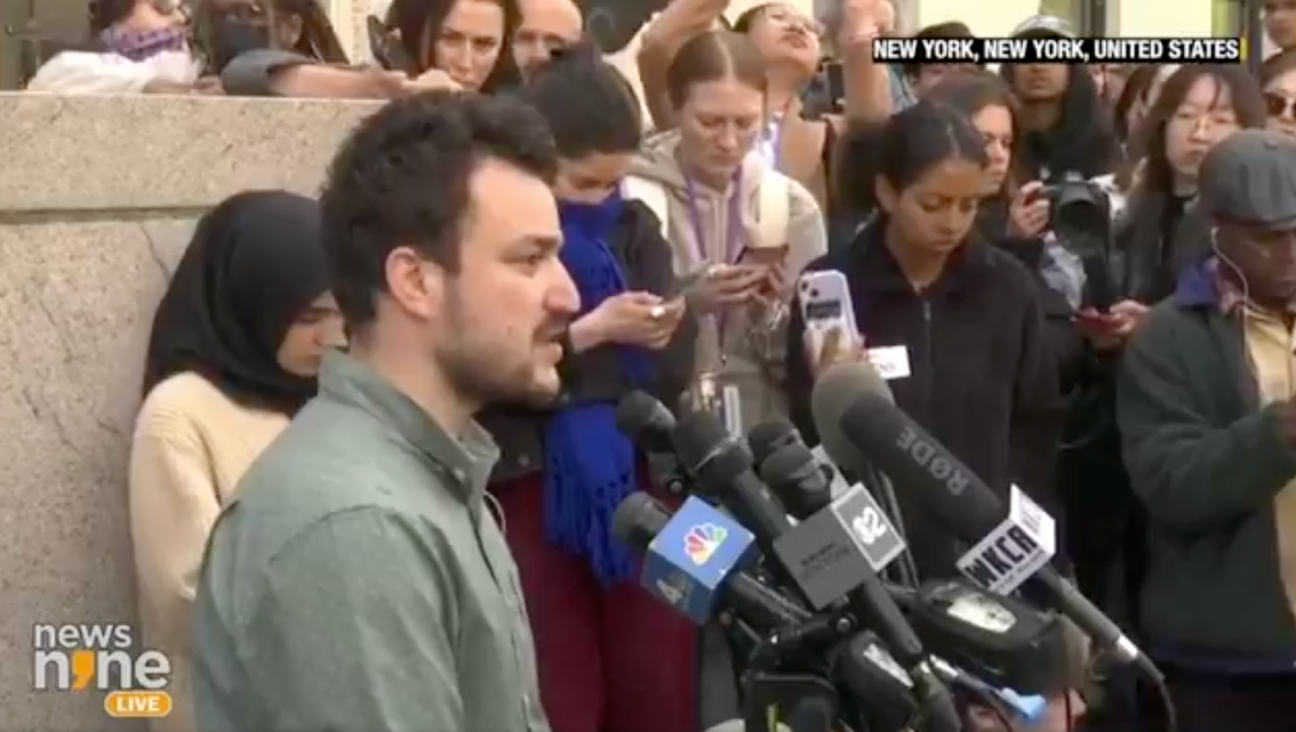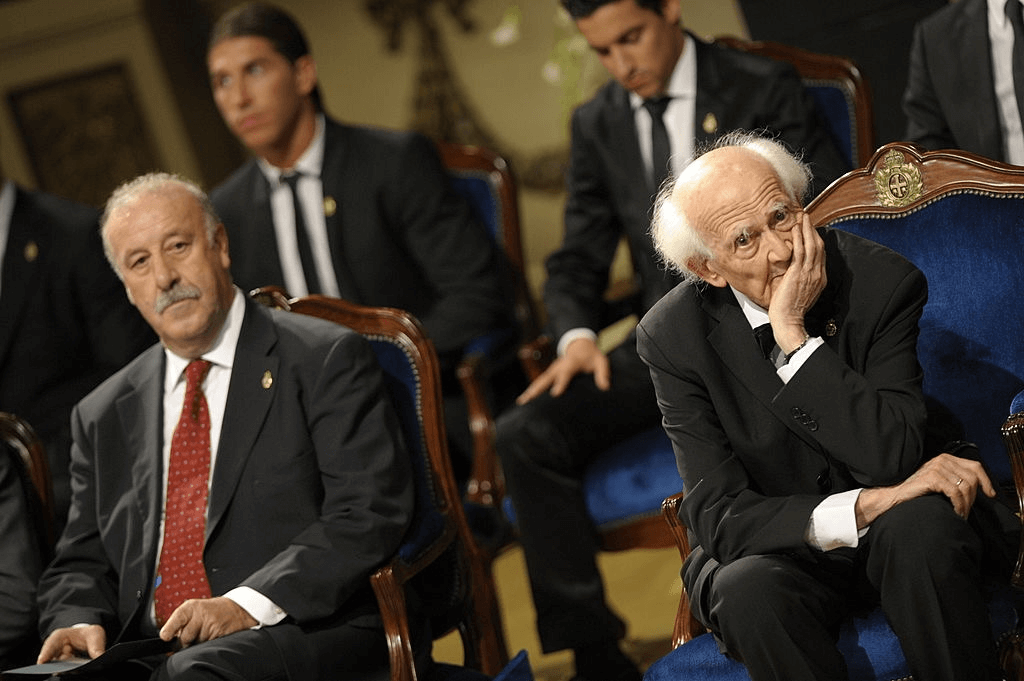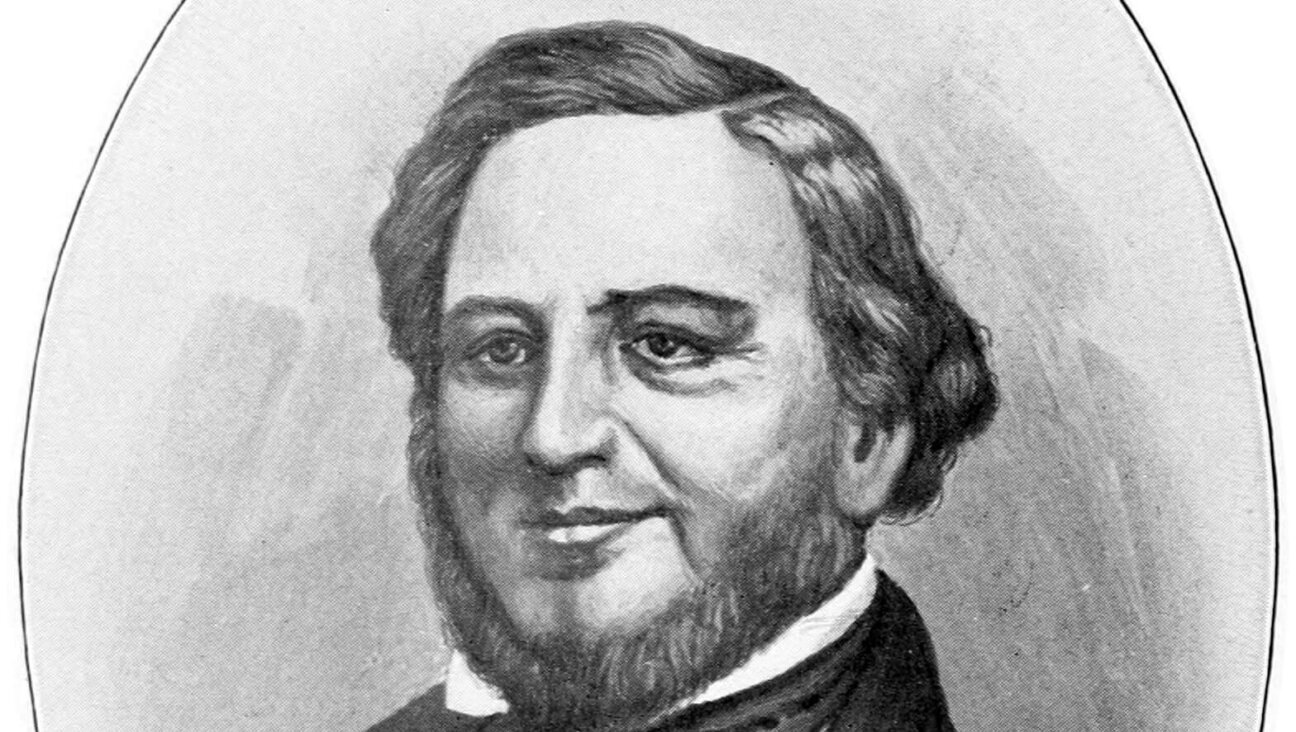Talking for Weeks, in Tongues
And when the day of Pentecost was fully come, they were all with one accord in one place. And suddenly there came a sound from heaven as of a rushing mighty wind, and it filled all the house where they were sitting. And there appeared unto them cloven tongues like as of fire, and it sat upon each of them. And they were all filled with the Holy Spirit, and began to speak with other tongues, as the Spirit gave them utterance.
— Acts of the Apostles
The Pentecost of the New Testament is, of course, the Jewish holiday of Shavuot that we have just celebrated. Shavu’ot means “weeks” in Hebrew — that is, the counting of the Omer’s seven weeks that begin on the second day of Passover. Pentekoste means “50th” in Greek; in other words, the 50th day (7×7+1) from the first day of Passover, on which the Bible proclaims a “Feast of Weeks.”
Shavuot is associated in Jewish tradition with the giving of the Torah, and, as I once observed long ago in this column, the New Testament’s story of the “holy spirit” — the ru’aḥ ha-kodesh, as it is called in Hebrew — coming to rest on Jesus’ followers on Pentecost, is an account of a second revelation, paralleling the first at Mount Sinai. Yet even while pointing this out, I failed to notice that the parallel is far closer than just that.
The midrash, parts of which were already in oral circulation in the time of Jesus, has many interpretive stories about what happened at Mount Sinai and about the “thunderings and lightnings,” the kolot u’vrakim, that the Bible tells us were heard and seen by the Israelites assembled at the foot of the mountain. One of these stories has to do with the fact that the biblical word for “thunderings,” kolot, also means “voices” in Hebrew. The midrash states:
And all the people perceived the thunderings.” Since there was only one voice, why ‘thunderings’ in the plural? Because God’s voice mutated into seven voices, and the seven voices into seventy languages, so that all the nations might hear it.
Similarly, we read elsewhere:
Just as a hammer that strikes a rock causes sparks to fly off in all directions, so each and every word that issued from the mouth of the Holy One Blessed Be He divided itself into seventy languages.
This is a profound commentary, one that, taken metaphorically, has sometimes been read as a statement that the Torah speaks to every individual differently and that each of us has the right to interpret it by his or her own standards. Generally, however, it has been taken more literally by rabbinic tradition to mean that although the Torah was revealed in Hebrew, it was translated aloud at Mount Sinai into all the languages of the world, believed to be 70 in number, and thus made available to the entire human race.
It is this more literal understanding that lies behind the story in the Acts of the Apostles, which continues:
And they were all amazed and marveled, saying one to another: ‘Behold, are not all these which speak Galileans?’ And how hear we every man in our own tongue, wherein we were born? Parthians, and Medes, and Elamites, and the dwellers in Mesopotamia, and in Judea and Cappadocia, in Pontus and Asia, Phrygia and Pamphylia, in Egypt and in the parts of Libya about Cyrene… Cretes and Arabians, we do hear them speak in our tongues the wonderful works of God.
On Pentecost, in other words, Jesus’ Galilean disciples, who spoke only Aramaic plus perhaps a smattering of Hebrew and Greek, suddenly began to talk in every language in existence — or at least so it seemed to those present. A more naturalistic explanation would be that they were partaking in what is known scientifically as glossolalia (from Greek glossa, “tongue,” and lalein, “to babble”), a phenomenon whereby people apparently speak foreign languages they do not know, although in reality they are merely emitting fluent sequences of meaningless sounds.
Whereas glossolalia always enjoyed a certain repute in Christianity, it was not until the rise of 20th-century Pentecostalism (a name that derives from the second chapter of Acts) that it became institutionalized in Christian worship, it being often practiced today in Pentecostal prayer meetings. While it can be disconcerting to witness, it is not really as strange a form of behavior as it might seem. Anyone with a measure of linguistic talent can mimic languages he has never learned — though knowing no Russian, for example, I once succeeded in convincing a group of Russian immigrants in Israel that I spoke an unfamiliar Russian dialect by making Russian-like sounds organized into apparent phrases and sentences — and when this happens involuntarily, under trance- or ecstasy-induced conditions, glossolalia takes place. Presumably, this is what happened nearly 2,000 years ago on the Pentecost described in Acts.
Questions for Philologos can be sent to [email protected]
The Forward is free to read, but it isn’t free to produce

I hope you appreciated this article. Before you go, I’d like to ask you to please support the Forward.
Now more than ever, American Jews need independent news they can trust, with reporting driven by truth, not ideology. We serve you, not any ideological agenda.
At a time when other newsrooms are closing or cutting back, the Forward has removed its paywall and invested additional resources to report on the ground from Israel and around the U.S. on the impact of the war, rising antisemitism and polarized discourse.
This is a great time to support independent Jewish journalism you rely on. Make a Passover gift today!
— Rachel Fishman Feddersen, Publisher and CEO
Most Popular
- 1

Opinion My Jewish moms group ousted me because I work for J Street. Is this what communal life has come to?
- 2

Opinion I co-wrote Biden’s antisemitism strategy. Trump is making the threat worse
- 3

Opinion Stephen Miller’s cavalier cruelty misses the whole point of Passover
- 4

Film & TV How Marlene Dietrich saved me — or maybe my twin sister — and helped inspire me to become a lifelong activist
In Case You Missed It
-

Culture Jews thought Trump wanted to fight antisemitism. Why did he cut all of their grants?
-

Opinion Trump’s followers see a savior, but Jewish historians know a false messiah when they see one
-

Fast Forward Trump administration can deport Mahmoud Khalil for undermining U.S. foreign policy on antisemitism, judge rules
-

Opinion This Passover, let’s retire the word ‘Zionist’ once and for all
-
Shop the Forward Store
100% of profits support our journalism
Republish This Story
Please read before republishing
We’re happy to make this story available to republish for free, unless it originated with JTA, Haaretz or another publication (as indicated on the article) and as long as you follow our guidelines.
You must comply with the following:
- Credit the Forward
- Retain our pixel
- Preserve our canonical link in Google search
- Add a noindex tag in Google search
See our full guidelines for more information, and this guide for detail about canonical URLs.
To republish, copy the HTML by clicking on the yellow button to the right; it includes our tracking pixel, all paragraph styles and hyperlinks, the author byline and credit to the Forward. It does not include images; to avoid copyright violations, you must add them manually, following our guidelines. Please email us at [email protected], subject line “republish,” with any questions or to let us know what stories you’re picking up.















